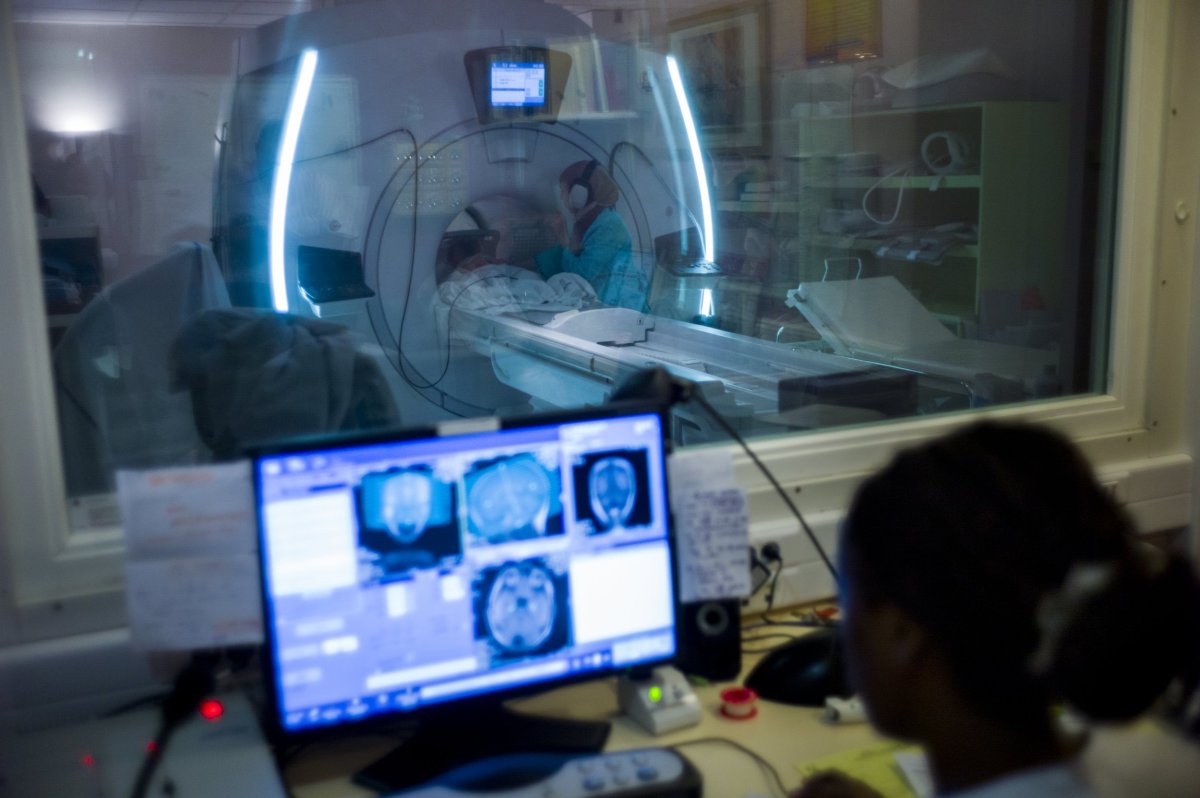Men may have a larger brain size, but that doesn't make them smarter. One neuroscientist claims that women and men are in fact neurologically identical.
Male and female brains don't have a single circuit wired differently, challenging the commonly held (and research-backed) belief that the two are structurally and functionally dichotomous. That's according to Chicago Medical School professor Lise Eliot, who made the statement to an audience on Monday at the Aspen Ideas Festival.
Eliot's argument fuels the fire of the sexual dimorphism debate, or the Darwinian idea that men and women are fundamentally different creatures who look and act uniquely because of their sex organs.
She contended that sex differences don't affect brain function and gendered behaviors stem from nurture, not nature.
"People say men are from Mars and women are from Venus, but the brain is a unisex organ. We have the exact same structures," she said.
If social scientists began experiments with the expectation men and women will perform equally, they'd find extremely different results, Eliot said. But conclusions are tainted by preconceived differences (or deficiencies) in the female brain, a phenomenon science writer Bruce Goldman calls "neurosexism."
"Our differences don't mean one sex or the other is better or smarter or more deserving," he wrote in Stanford Medicine.

Larry Cahill, a neurobiology and behavior professor at the University of California, Irvine, said certain regions of the brain differ in size and, as a result, behavior. A woman's hippocampus, the region of the brain responsible for learning and memory, is larger than a man's, but a man has a larger amygdala, where emotion is processed. According to Cahill, it's "known" women have stronger, richer emotional memories than men.
"To some appreciable degree, these brain differences have to translate to behavioral differences," he told Stanford Medicine.
Results like those reinforce stereotypes that men are more intelligent than women and feed the male ego, likely a driver of underrepresentation of women in science, technology, engineering and math (STEM) fields. An April study found collegiate men are three times more likely to consider themselves smarter than female classmates, even in classrooms in which women outnumber men by almost two to one.
Children as young as 5 already internalize those assumptions. Both girls and boys equate brilliance with being male. This shapes their interests in childhood, which could narrow the careers they enter as adults, a Science study reported last year.
"People said brilliance in math is a male phenomenon," Eliot said. "We keep looking for a biological difference, finding it, it inevitably gets discredited, and yet we still seem so eager to find another one."
A 2017 study found despite sparse differences, male and female brains are more alike than different. University of Edinburgh researchers scanned more than 5,000 brains and found men had higher brain volume in every subcortical region of the brain, including amygdala, while women had thicker cortices, often linked to improved performance on intelligence tests. But brain volume and thickness differed more between men, and researchers often had difficulty identifying sex from the brain scans.
Lead author Stuart Ritchie told Science the results corroborated previous studies that found no average difference in intelligence between men and women. But even though men's brain sizes are on average 14 percent larger than women's, researchers haven't proved size equates to improved function.
Uncommon Knowledge
Newsweek is committed to challenging conventional wisdom and finding connections in the search for common ground.
Newsweek is committed to challenging conventional wisdom and finding connections in the search for common ground.
About the writer
Scottie is a Newsweek science fellow and student at the University of Florida. Her work has appeared in Women's Health, the Gainesville ... Read more
To read how Newsweek uses AI as a newsroom tool, Click here.








